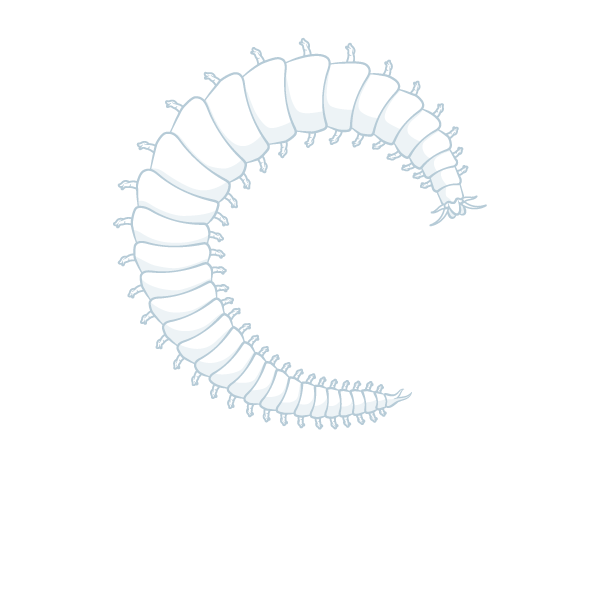Current version: JAN 2024
Sustainability policy
At Seafresh Group our sustainability policy drives our efforts in producing and distributing sustainable seafood and aquafeed products. We specialise in shellfish and are most well-known for our shrimp. A core objective of our business is to produce and supply the most sustainable seafood. We understand the links between economic, environmental, and social aspects in seafood production and implement with customers and suppliers a comprehensive business model that allows for the sustainable development of the whole supply chain, in the long term. We recognise our role in supporting progress towards the United Nations Sustainable Development Goals (SDGs), and our activities, values and sustainability objectives directly contribute to SDG targets, especially on goals 8, 12 and 14.
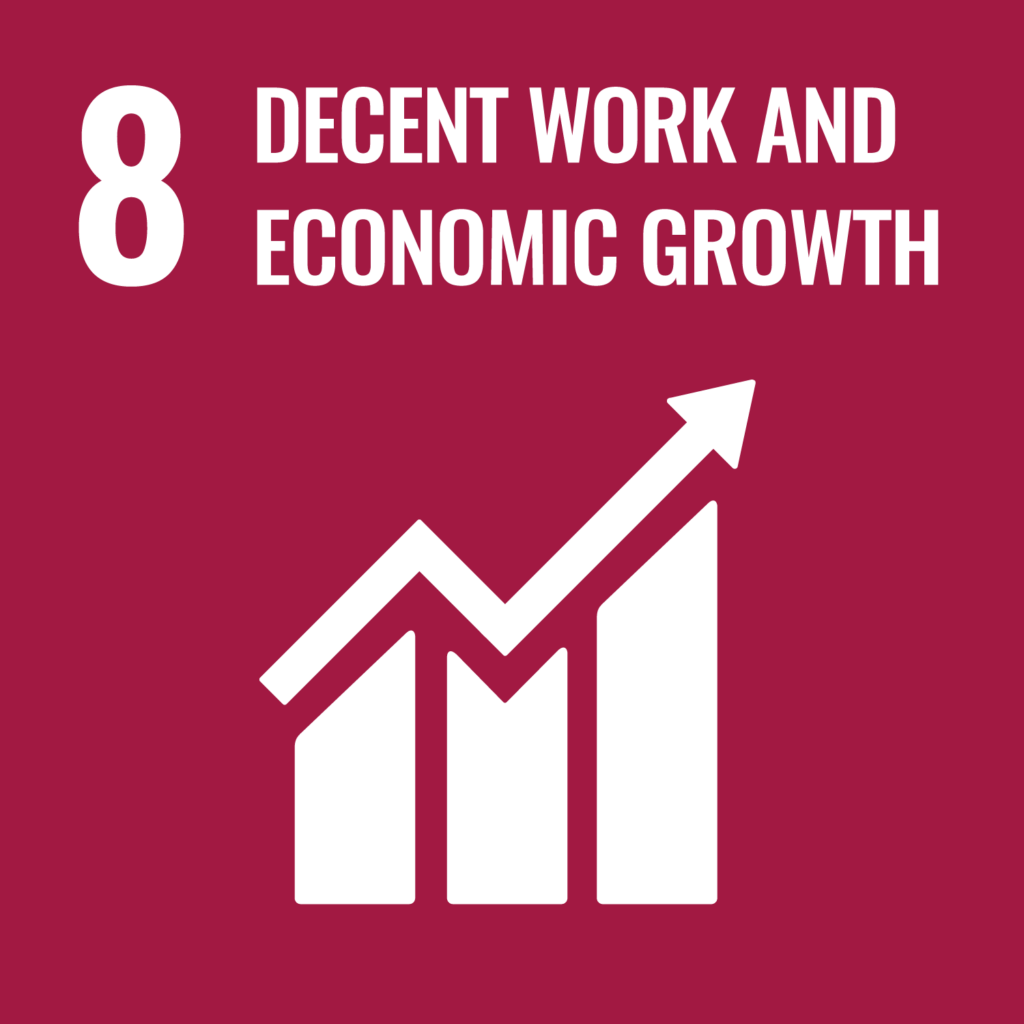
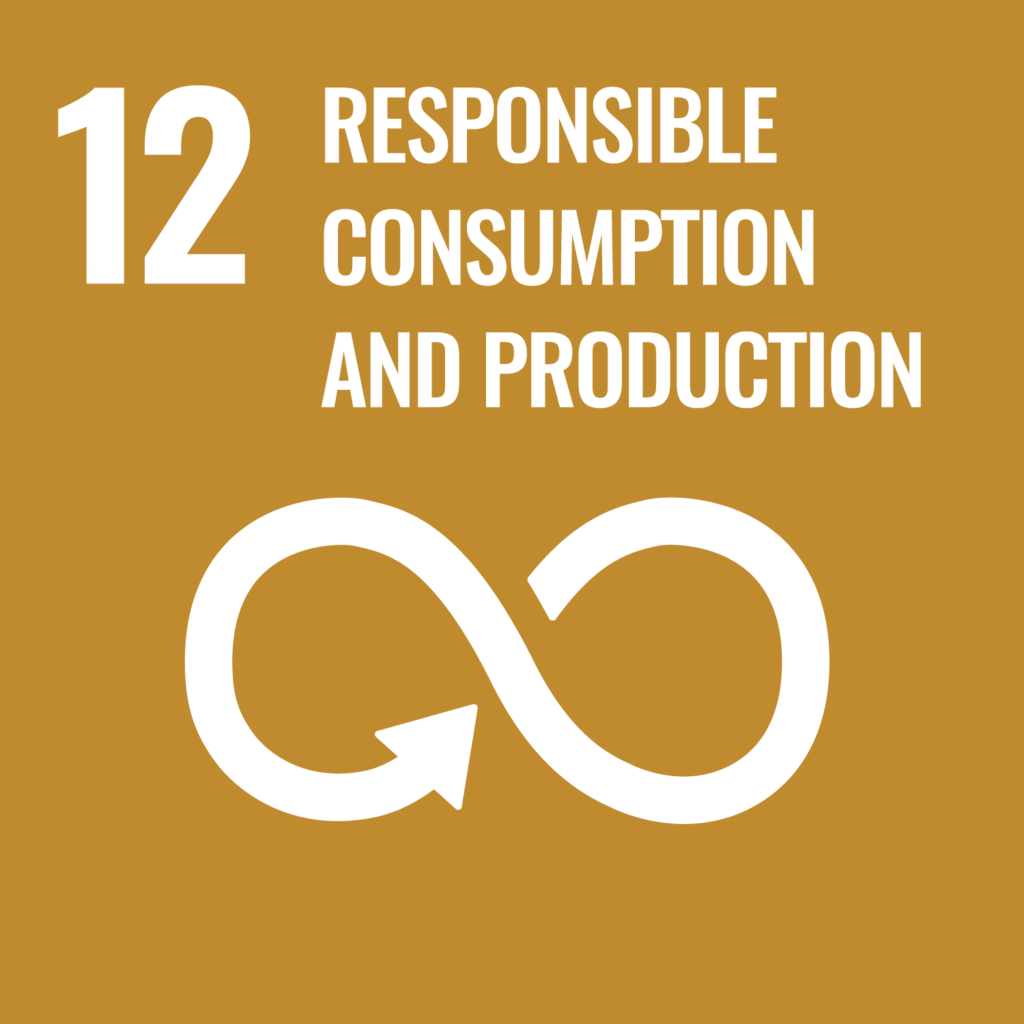
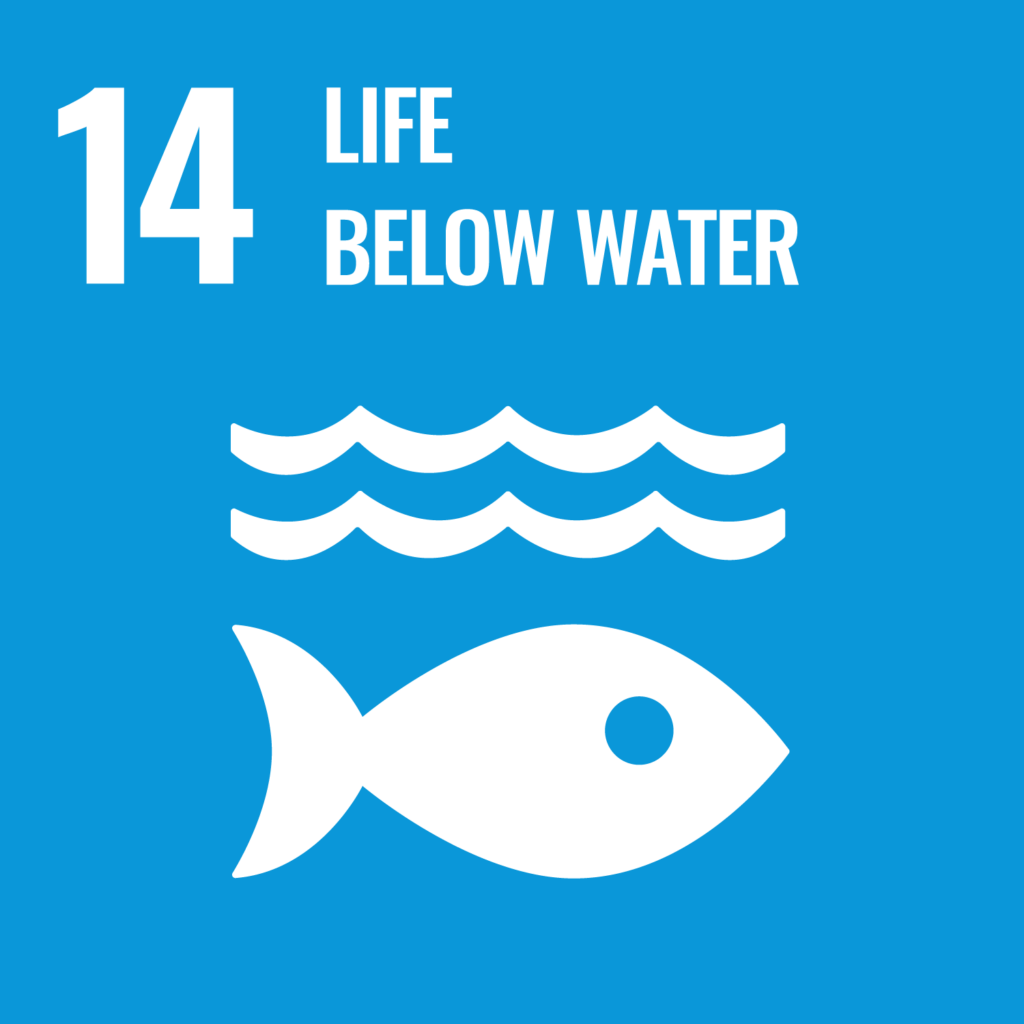
Whether our products originate from wild fisheries or aquaculture, our goal is to select and develop supply sources that are well managed. We are committed to making our supply chains fully transparent and traceable, and avoiding any link to fishing companies or vessels involved in illegal, unreported and unregulated (IUU) fishing activities.
Seafresh Group operates in compliance with the sourcing and labelling codes of the Sustainable Seafood Coalition (SSC). Our aim is that our supply chains achieve independent certifications that confirm their responsible management and sustainability.
Where possible, we source wild capture species from fisheries that are certified by the Marine Stewardship Council (MSC), or alternatively that have sustainable practices and stringent management in place. For those fisheries that have deficiencies in their management, we partner with others to work on Fishery Improvement Projects (FIPs) or other appropriate improvement actions to ensure the long-term sustainability of each stock and also minimise impacts on the wider environment.
Our supply chains of farmed seafood for the retail market are all certified against Best Aquaculture Practices (BAP), the Aquaculture Stewardship.
Council (ASC), GlobalGAP or organic aquaculture standards. We invest in developing and producing feed ingredients made of processing byproducts to develop our own circular economy, and we also encourage supply feed mills to source fish ingredients made of by-products. We expect supply feed mills to source marine fish ingredients from suppliers certified by MarinTrust or engaged in a MarinTrust improver programme, or from fisheries either certified by the MSC or in a FIP.
We are committed to achieving and maintaining a supply chain free of deforestation and land conversion linked to soy and palm oil ingredients, either directly used in our food products or embedded in farmed animal products as feed ingredient.
We maintain traceability of our seafood supply chain back to fishing vessels and the origin of aquafeed ingredients.
In our own operations, we implement best management practices and invest in innovative solutions for optimising their efficiency and reducing their environmental impact, whilst benefiting our employees and their communities. We give a special importance to the conservation of natural habitats and biodiversity. We work on continually optimising our use of energy and we have set GHG emissions reduction targets towards Net Zero by 2040. We aim to continually reduce water consumption in our facilities and the freshwater footprint of our farmed seafood. We take actions for reducing the amount of plastic and packaging used throughout our supply chain, and the generation of waste, particularly food waste.
Throughout our supply chain and our own operations, we have a responsibility to ensure that we have a positive impact on workers and local communities. Our Human Rights and Ethical Sourcing policies detail our commitments to protecting human rights throughout our supply chains, providing our employees with good working conditions. We have also developed mechanisms to share benefits with workers who contribute to our products along the value chain and their communities.
Seafresh Group maintains a company culture of sustainability stewardship and continual improvement through the monitoring of supply chain performance, the implementation of targets and actions involving company teams, suppliers and customers. We collaborate with external organisations to bolster our actions, and actively contribute to collaborative initiatives aimed at improving all sustainability aspects of our industry.
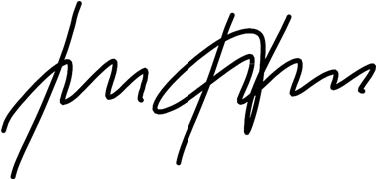
Lasse B. Hansen,
CEO Seafresh Group
Other policies
Privacy notice
We prioritizes the privacy of your personal data. This Privacy notice outlines how we collect and process your information when you interact with our website and make general inquiries. We are committed to protecting your data and respecting your rights.
Cookie notice
Our website uses cookies for improved functionality and user experience. These cookies, which do not personally identify users, include necessary, functional, performance, analytics, and advertising types. You have full control over your cookie preferences and can delete or customize your settings
Ethical sourcing policy
We focus on ethical sourcing across our supply chains, adhering to strict standards for human rights and sustainability. They engage in thorough supplier audits and collaborations to ensure responsible practices and environmental care.
